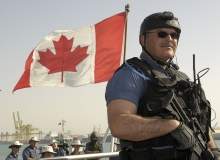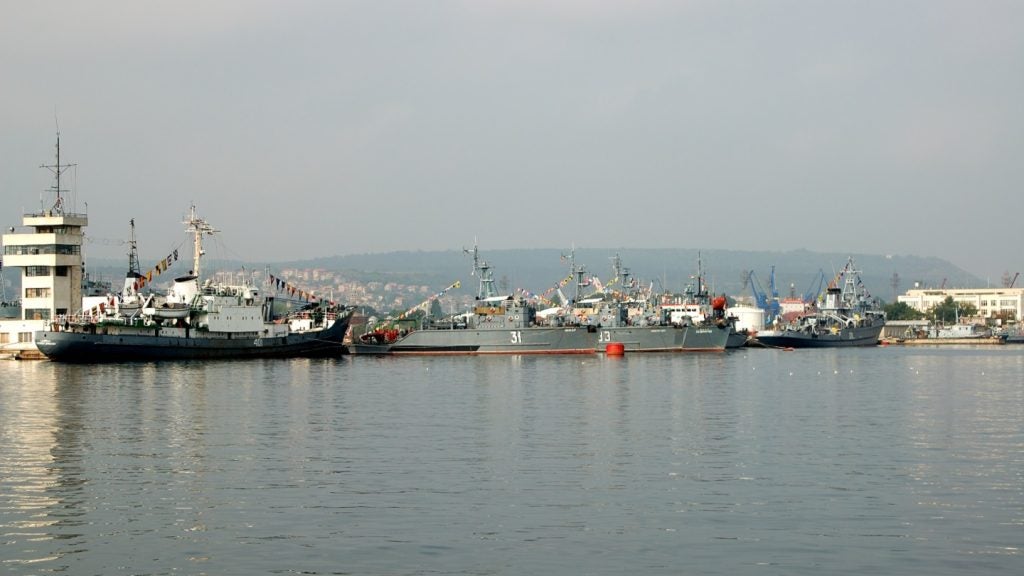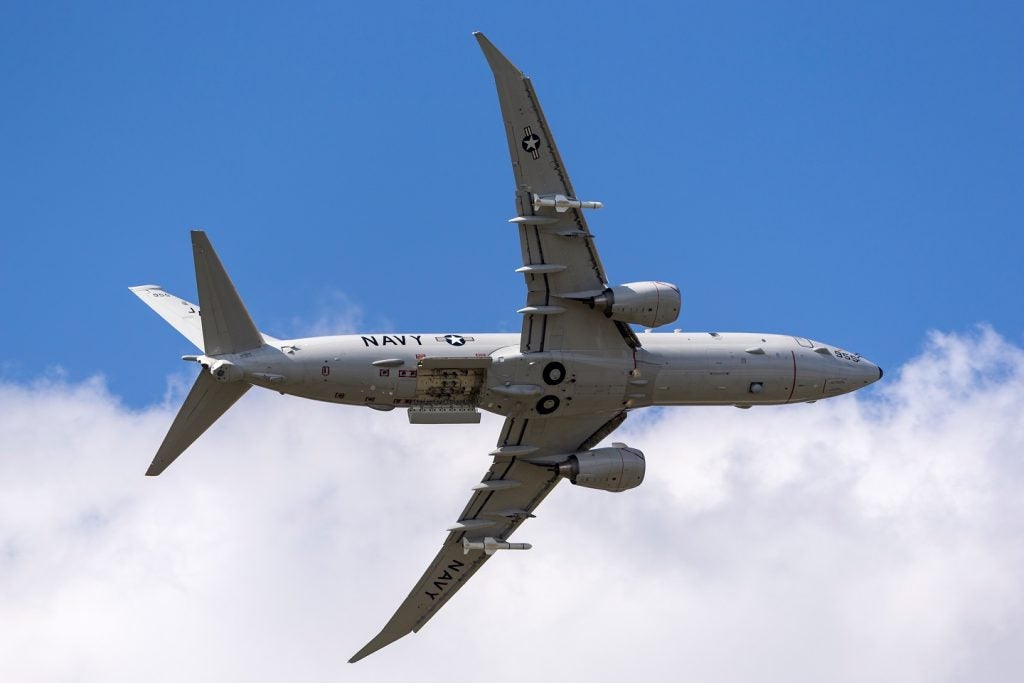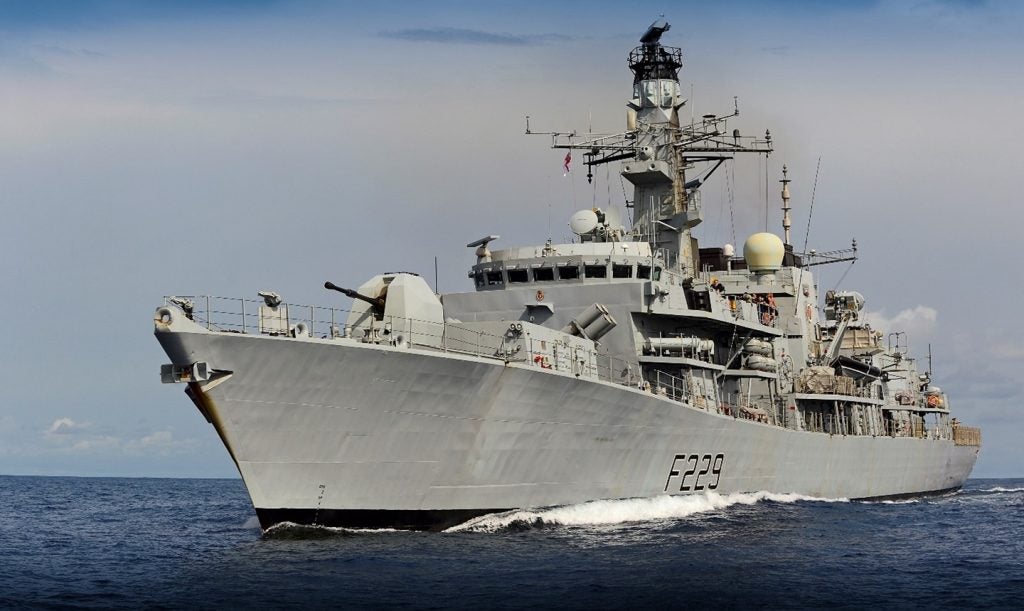

An ambitious programme is currently underway in the Royal Canadian Navy (RCN). It includes an upgrade of its twelve Halifax-class frigates, the upcoming retirement of four vessels and the procurement of three new classes of ships, including the Joint Support Ship (JSS), the Arctic/Offshore Patrol Ship and the Canadian Surface Combatant, as well as the integration of new maritime aircraft including the Sikorsky CH-148 Cyclone helicopter, which is currently preparing for active duty in the coming months.
In the midst of this intense period of activity, concern was raised by the Department of National Defense in October 2014 over the operational readiness of the fleet, following the news that eleven out of its 29 warships were currently out of action.
Maritime security expert Professor Ken Hansen from Dalhousie University in Nova Scotia and a former RCN commander described the situation as a "very serious concern", adding: "They are right at the lowest point in the number of ships that are operational. There are very few that are coming out of the process and the bulk of the fleet is in the process of conversion."
How well do you really know your competitors?
Access the most comprehensive Company Profiles on the market, powered by GlobalData. Save hours of research. Gain competitive edge.

Thank you!
Your download email will arrive shortly
Not ready to buy yet? Download a free sample
We are confident about the unique quality of our Company Profiles. However, we want you to make the most beneficial decision for your business, so we offer a free sample that you can download by submitting the below form
By GlobalDataRCN Commander Mark Norman remained unperturbed by the criticism. He recognised that the RCN was in the midst of one of the most challenging periods of its history bit insisted it was business as usual for the organisation.
See Also:
"Despite the challenges, we remain ready to continue meeting the tasks and missions assigned by the Government of Canada," he said.
A busy time at home and abroad
The first three months of 2015 have been a busy period for the RCN as it continues to be operationally active both at home and around the world.
As Arctic Sea-ice levels continue to diminish, ice-free waters promise new trade routes.
In January this year, HMCS Toronto returned home after a successful six-month- deployment in the Mediterranean Sea as part of Operation Reassurance, NATO's response to Russia's military aggression towards the Ukraine. HMCS Toronto was tasked with patrolling the Mediterranean and Black Seas and monitor shipping to help detect, deter and protect against terrorist activity. HMCS Fredericton has now replaced the Toronto on operational duty.
The RCN and the US Navy are also involved in Operation Caribbe, an ongoing joint initiative against illicit trafficking by transnational organised crime bodies in the Caribbean basin and the eastern Pacific Ocean. In March, HMCS Shawinigan and Goose Bay and the United States Coast Guard seized more than 1000kg of cocaine while patrolling in the Caribbean Sea.
This operation reflects ongoing concerns over drugs, trafficking and organised crime in the region and close co-operation with the US is seen as vital to helping to negate the threat. The current construction of Arctic and offshore patrol ships for the RCN is also a sign that it intends to continue to defend its sovereignty in the Arctic region amidst growing challenges from Russia.
In 2013, the RCN unveiled an executive plan to set the context of activity for the next four years. Its four priorities include ensuring excellence at sea, enabling the transition to the future fleet, evolving its business and energising its institution.
One recent success stories is the announcement that three out of four Victoria-class submarines are now operational, putting an end to a period of uncertainty for the fleet.
In February 2014 it was announced that HMCS Windsor was being repaired only 18 months after it had undergone a $209m refit. The four submarines were purchased from Britain in 1998 and required substantial repairs before they could become operational, leading to concern over their long-term future.
Despite the setbacks, the RCN remains committed to its submarine fleet as an important strategic asset. In an emerging crisis, their presence can profoundly shape regional decision-making and, should deterrence fail, their lethality can contribute decisively to combat operations, both in defending surface forces and placing opposing forces at peril.
Conventional diesel-electric submarines such as the Victoria class, due to the stealth capabilities and increased manoeuvrability inherent in their smaller size and their extremely quiet electric propulsion system, have advantages in certain scenarios over their nuclear counterparts, especially in littoral environments.
Next-generation vision for Royal Canadian Navy
Technology could be the key to ensuring the RCN stays one step ahead of future challenges, says maritime expert professor Ken Hansen.
Hansen believes the Sikorsky CH-148 Cyclone helicopter presents the RCN with a "world beating" airborne surveillance capability that has replaced the CH-124 Sea King which was in operation since 1963. The Cyclone is currently taking part in training exercises in Halifax.
Hansen also singled out the recent announcement that the RCN had commissioned a project to build five long-range Arctic/offshore patrol ships as a positive step forward. The ships will give the RCN greater reach into the Arctic region. They will be built in Halifax, Canada and the first ship will be ready by 2018.
"Our challenge is in trying to develop and deploy futuristic technology that will give us the edge in years to come – the status quo won't do anymore," he said.
Hansen also emphasised the importance of the RCN developing a long-term strategy to address the issue of fleet readiness in future years.
"The navy in Canada has traditionally had a very 'can do' attitude and a dogged determination to succeed but in doing so I believe it has lost sight of the long-term issues, such as the readiness of the fleet, which have to be of paramount importance," he said.
"What we are trying to do as a university is engage in this debate to help ensure the navy is adequately prepared and ready to meet the future challenges."


.gif)




